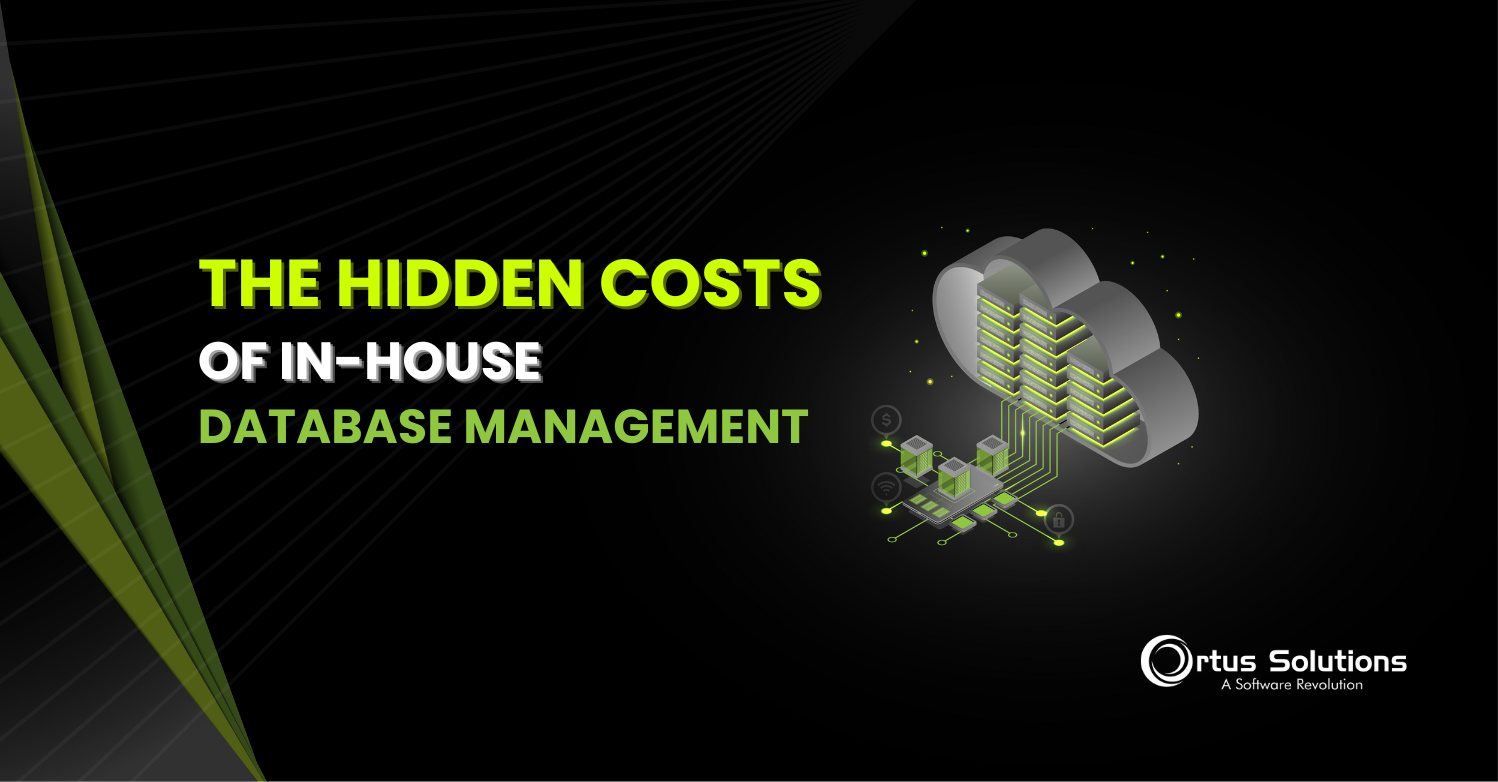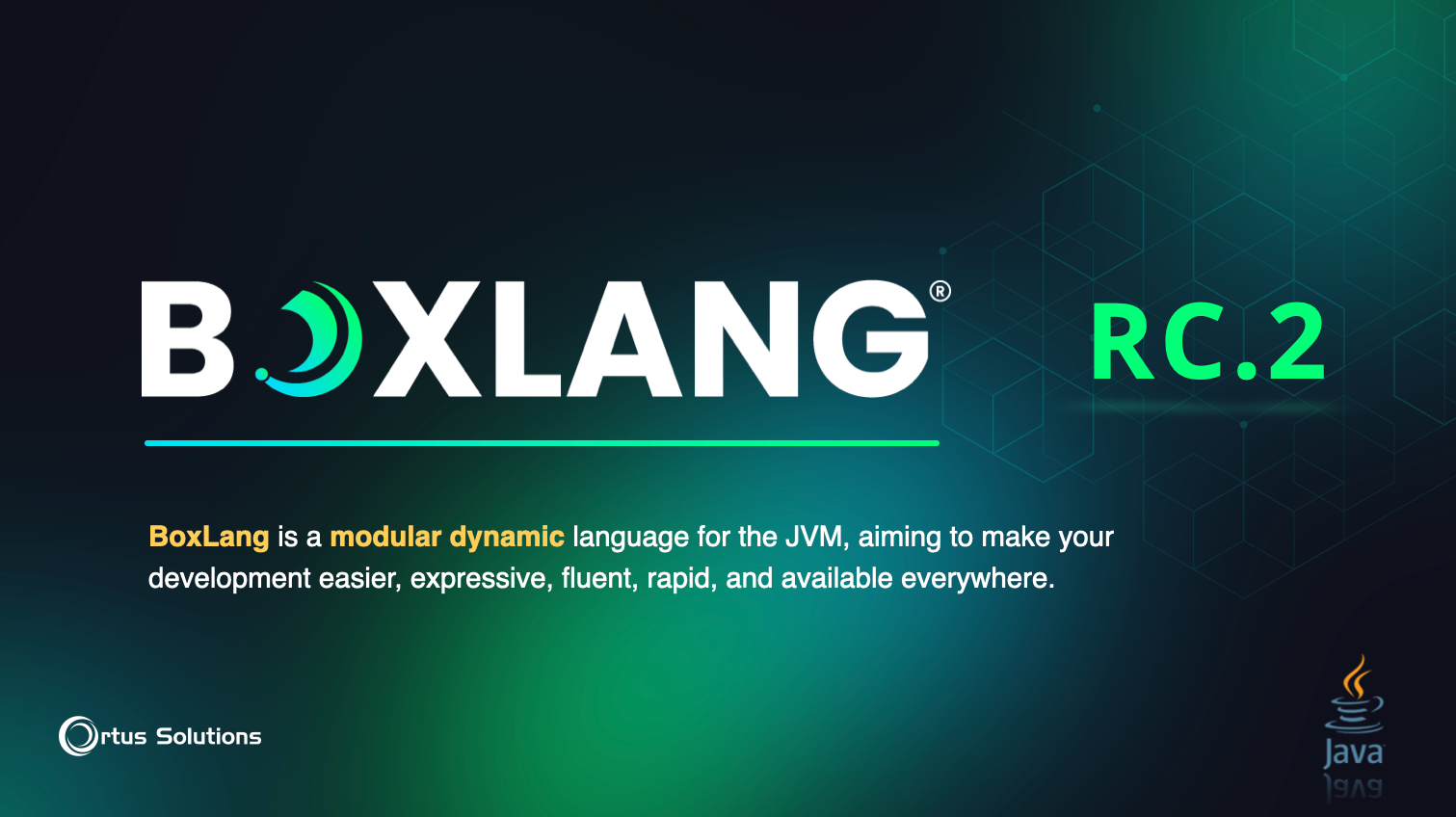The Hidden Costs of In-House Database Management
Opting for in-house database management involves more than just a salary. Here are some often-overlooked costs associated with maintaining your own DBA team.
1. High Salaries and Benefits
Hiring skilled DBAs is expensive. According to industry reports, the average salary of a DBA in the U.S. can range from $85,000 to over $130,000 per year, depending on experience and expertise. When you add benefits such as health insurance, paid time off, and retirement contributions, the annual expense can be substantial.
Beyond a single hire, many businesses need a team of DBAs to handle large-scale databases or complex environments, leading to additional hiring costs and benefits packages.
2. Infrastructure and Hardware Costs
On-premises databases require significant hardware and infrastructure investments, including servers, networking equipment, and security measures. Maintaining this infrastructure means regular updates and replacements, which can be costly.
The costs don't stop at hardware; there's also the expense of managing data centers, power, and cooling systems to keep everything operational. With database environments requiring high availability, these expenses quickly add up.
3. Software Licensing and Maintenance Fees
For many organizations, database management relies on proprietary software, which involves licensing fees and annual renewals. Licensing costs can increase significantly as your database scales, especially if you need advanced features or support for large datasets.
Additionally, database software requires periodic updates and patches to ensure security and performance, adding further to the maintenance costs.
4. Training and Skill Development
The database industry constantly evolves with new tools, technologies, and best practices. Keeping an in-house team trained on the latest developments requires ongoing investment in training and skill development.
Without regular updates, your in-house DBA team may struggle to keep up with the latest innovations, which could limit your database's performance and security.
DBA as a Service: A Cost-Effective Solution
DBA as a Service, or on-demand DBA support, offers an alternative to traditional in-house database management by providing flexible, expert-level database support as needed. Here’s how DBA as a Service from Ortus Solutions can save you money while maintaining top-notch database performance.
1. Flexible, Pay-As-You-Go Support
With DBA as a Service, you only pay for the hours or level of support you need. This flexibility converts your capital expenses (CAPEX) into operational expenses (OPEX), allowing you to scale services up or down based on your requirements.
By avoiding long-term contracts, companies benefit from predictable, manageable costs rather than a fixed annual salary and benefits package for a full-time DBA.
2. Reduced Infrastructure and Software Costs
Moving your database to the cloud, with DBA services handling management, can dramatically reduce infrastructure costs. Ortus Solutions’ team can assist with a “Lift and Shift” approach to migrate your databases to the cloud, eliminating the need for expensive on-premises hardware.
With cloud database solutions, you’ll also save on software licensing, as cloud providers often include licensing in their pricing. This eliminates many of the renewals and updates required with in-house systems.
3. Access to Expert-Level DBAs
Ortus Solutions provides highly skilled, experienced DBAs with expertise across platforms like Microsoft SQL Server, MySQL, PostgreSQL, and more. You gain immediate access to specialized skills without the long onboarding or training period.
These expert DBAs stay current with industry standards, ensuring your database is optimized, secure, and compliant. This means your team can focus on core business activities, leaving database management to certified professionals.
4. Proactive Database Maintenance and Performance Monitoring
Instead of managing a full-time team, DBA as a Service includes real-time monitoring and proactive maintenance to ensure your database operates smoothly. Ortus Solutions uses advanced tools to monitor performance, manage backups, and conduct regular health checks, catching potential issues before they become costly disruptions.
This proactive approach keeps your database performing optimally, reducing downtime and ensuring reliable access to data.
Why Choose Ortus Solutions for DBA as a Service?
Ortus Solutions’ DBA as a Service stands out for its flexibility, cost-efficiency, and high level of expertise. Here’s why companies choose Ortus:
Flexible Support: Choose only the hours or level of support you need. No long-term commitments required.
Expertise Across Platforms: Our team has certified DBAs skilled in managing databases across Microsoft SQL Server, MySQL, PostgreSQL, and more.
Cloud Migration Support: Transition your database to the cloud smoothly with our “Lift and Shift” services, reducing infrastructure expenses and increasing scalability.
Proactive Maintenance: Enjoy peace of mind with real-time monitoring, regular backups, and proactive troubleshooting to keep your database at peak performance.
Ready to Cut Database Costs and Boost Efficiency?
The true cost of in-house database management goes beyond salaries—it’s a blend of hardware, software, and ongoing training expenses. DBA as a Service from Ortus Solutions provides a flexible, affordable alternative that adapts to your needs, whether you’re scaling up, optimizing performance, or migrating to the cloud.
Want to learn more? Schedule a free consultation with Ortus Solutions today to discover how DBA as a Service can benefit your business. Let’s make database management smarter, not harder.




Add Your Comment